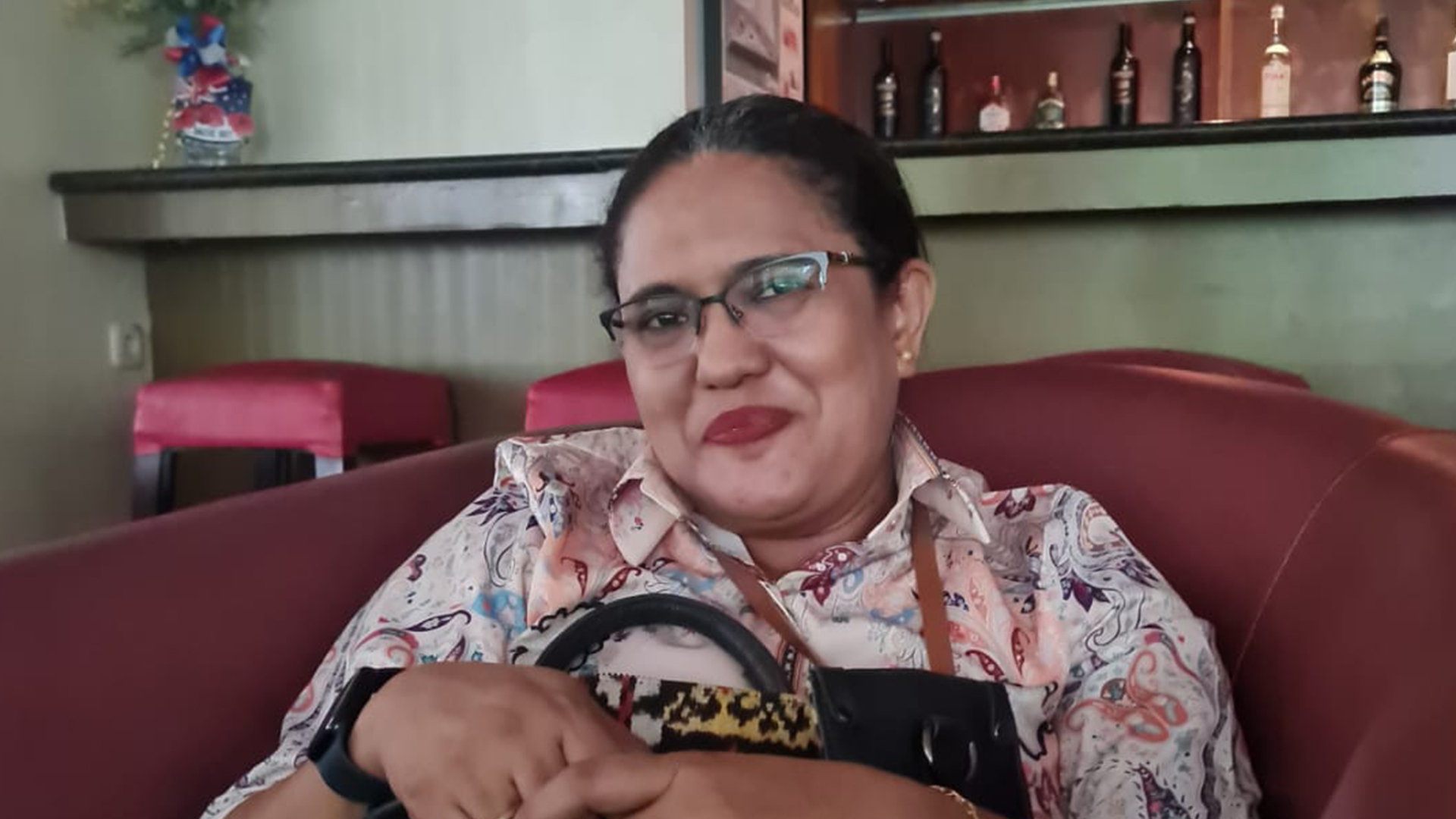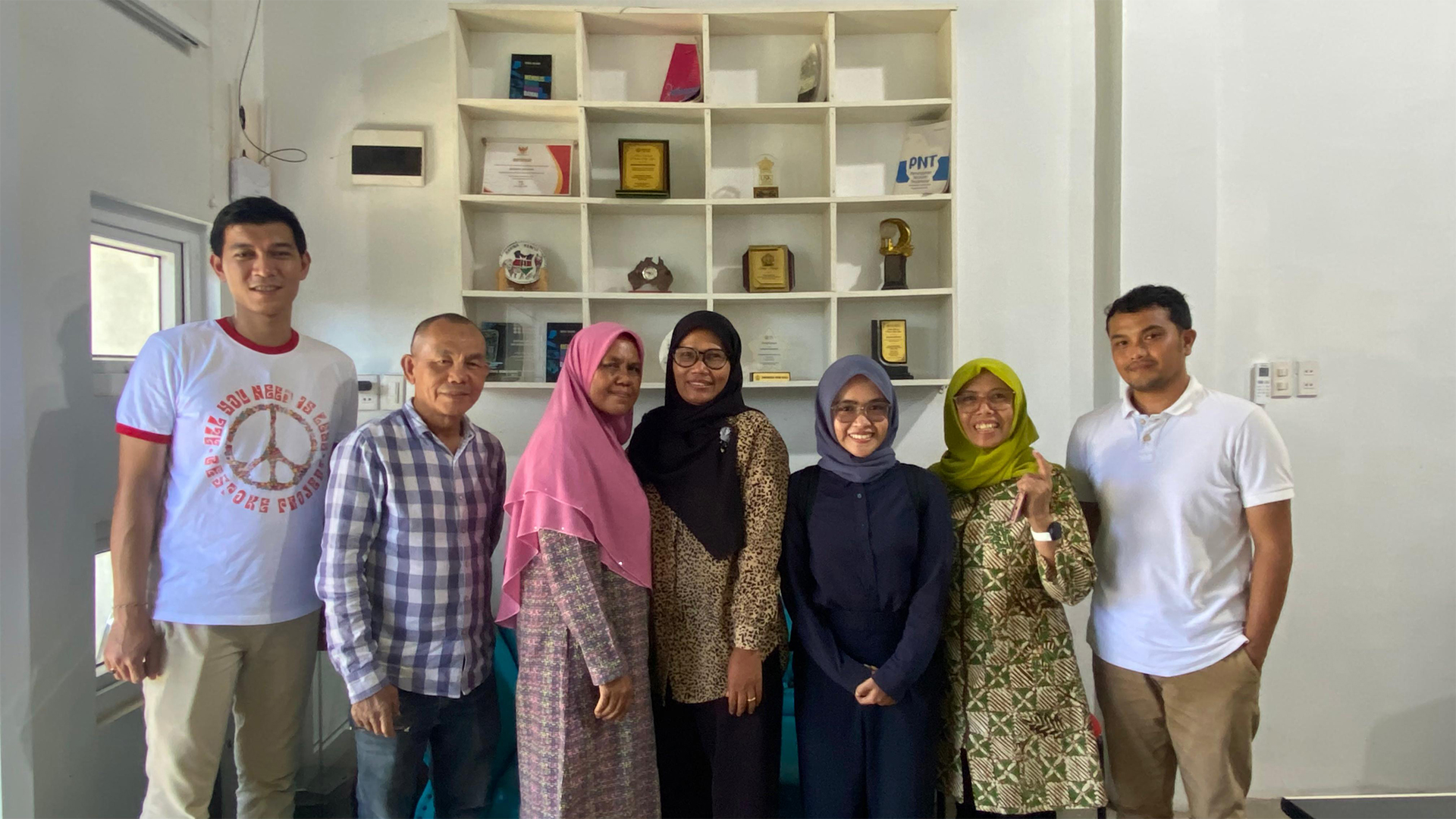
Farida Haryani
Paska Aceh
Azriana RM
RPuK (Relawan Perempuan untuk Kemanusiaan)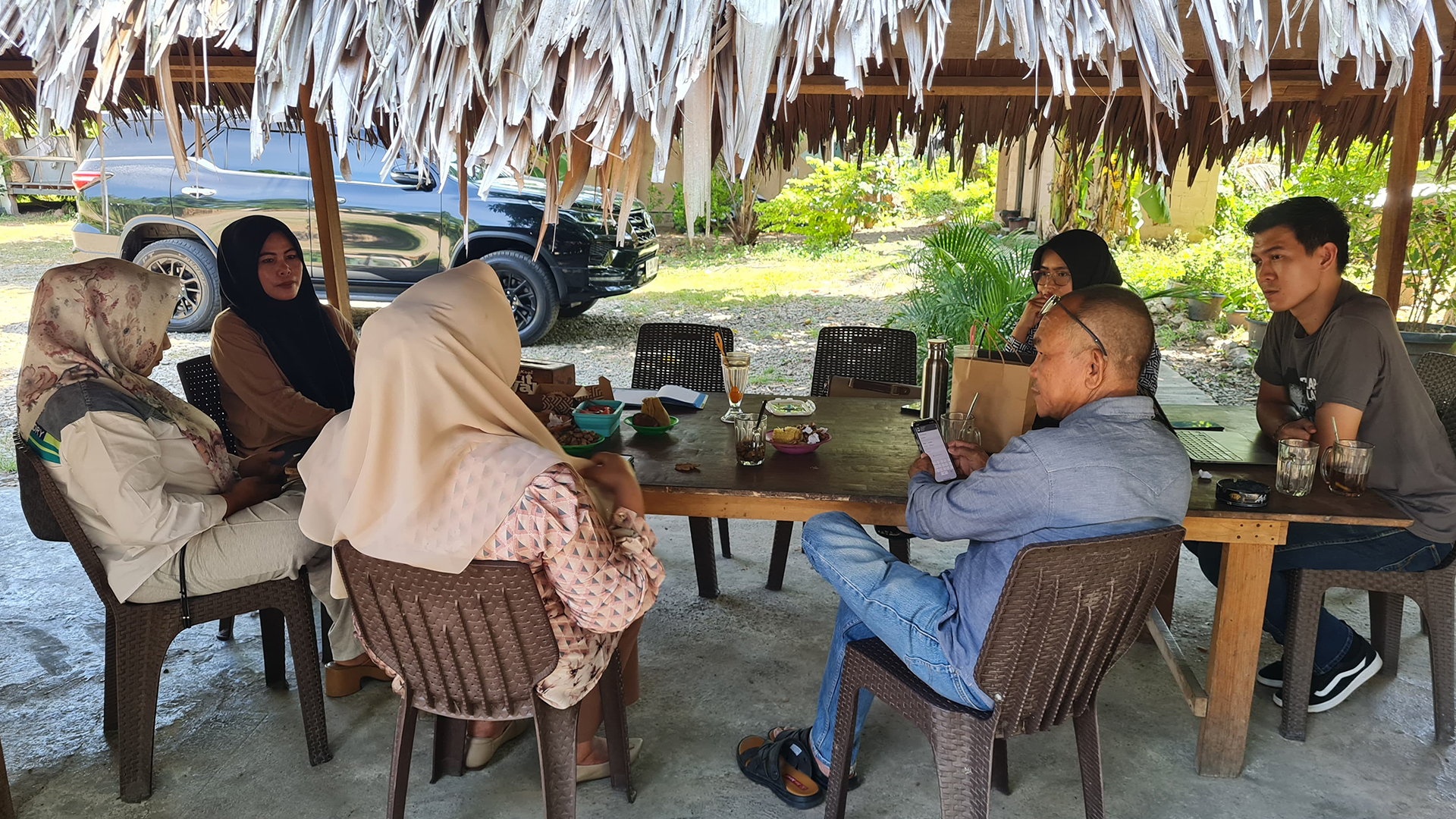
Askarimah
Yayasan Askarimah Mandiri Aceh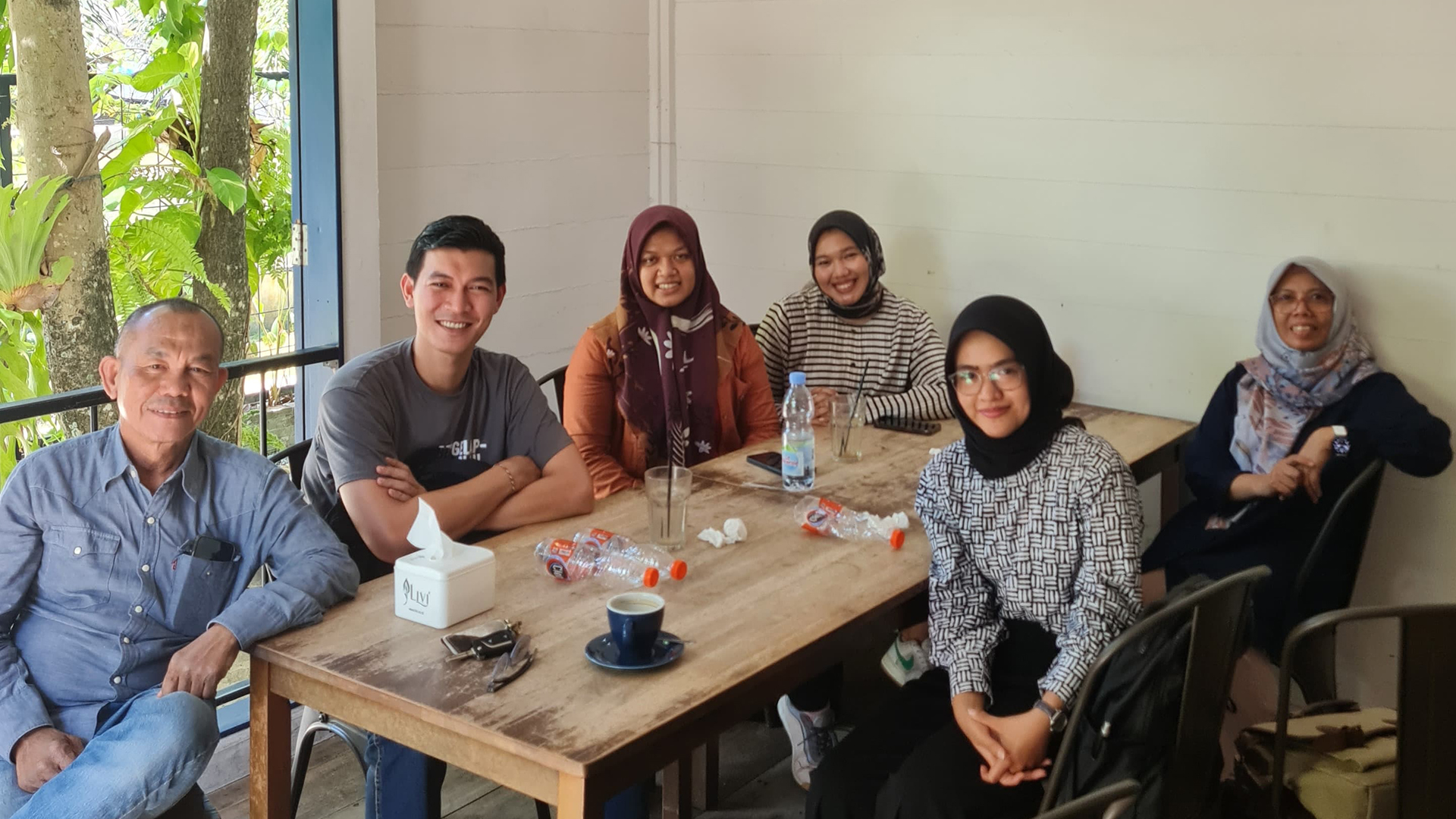
Zia and Rima
The Leader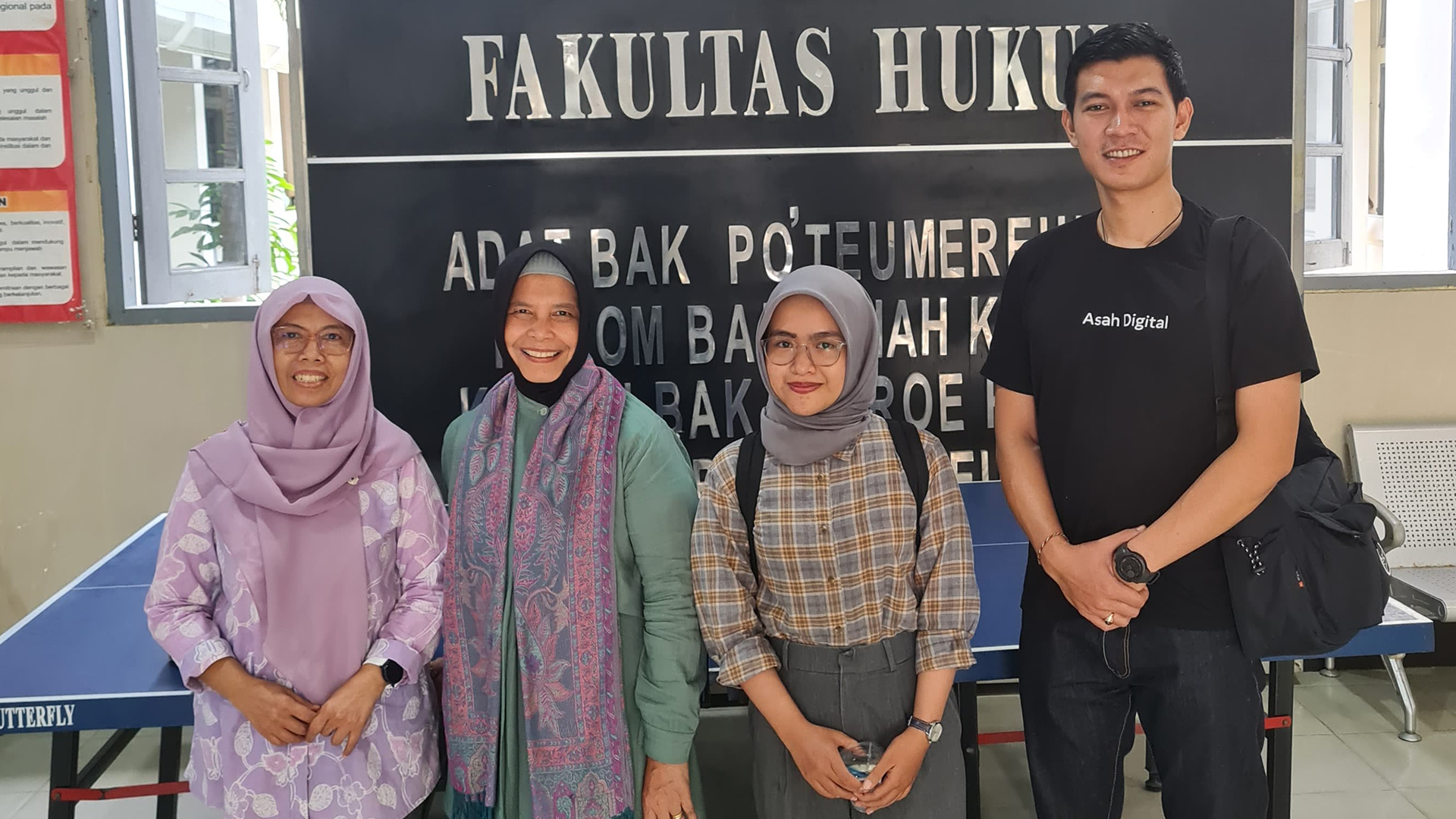
Khairani Arifin
Balai Syura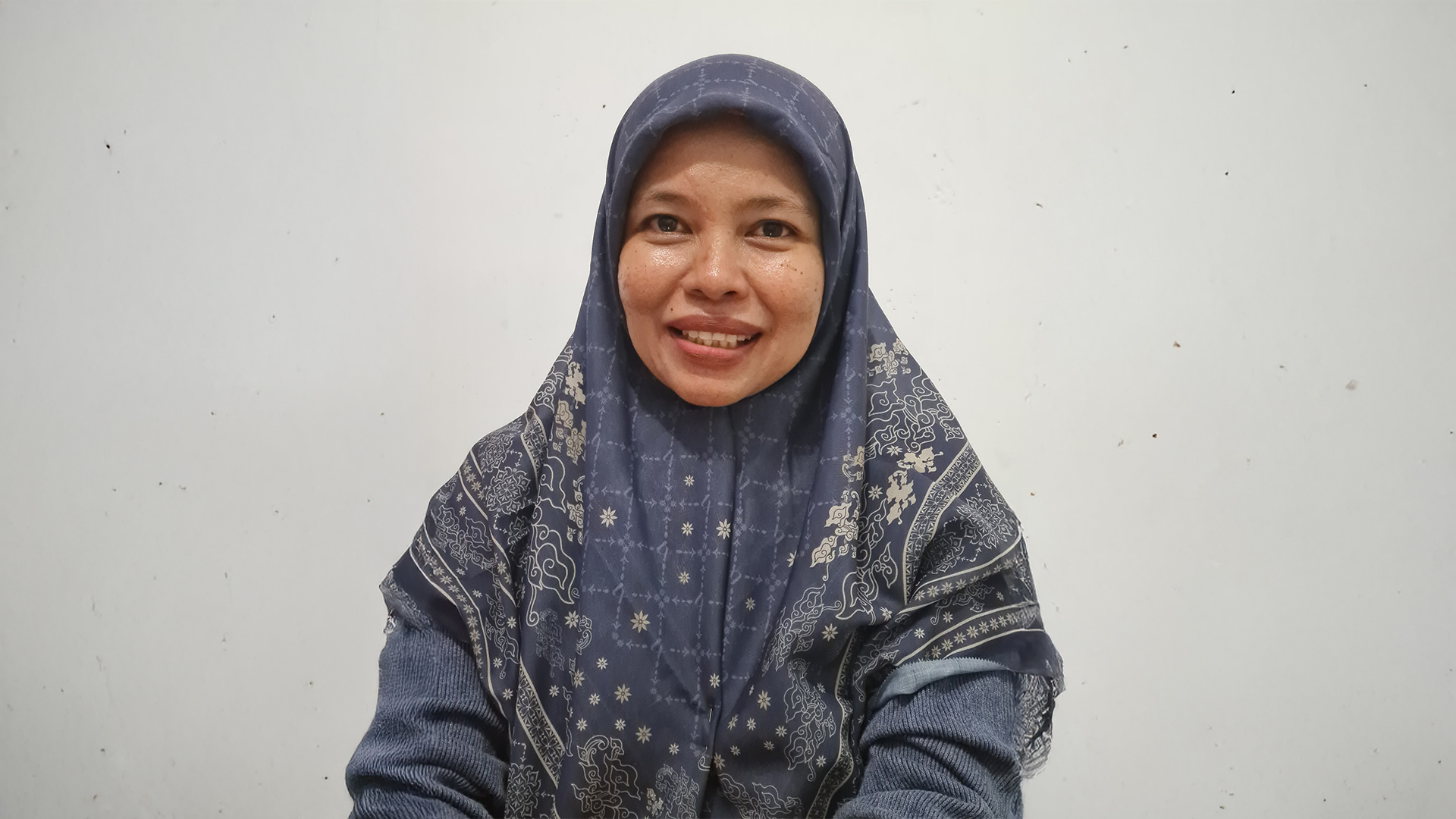
Irma Sari
Aceh Women's for Peace Foundation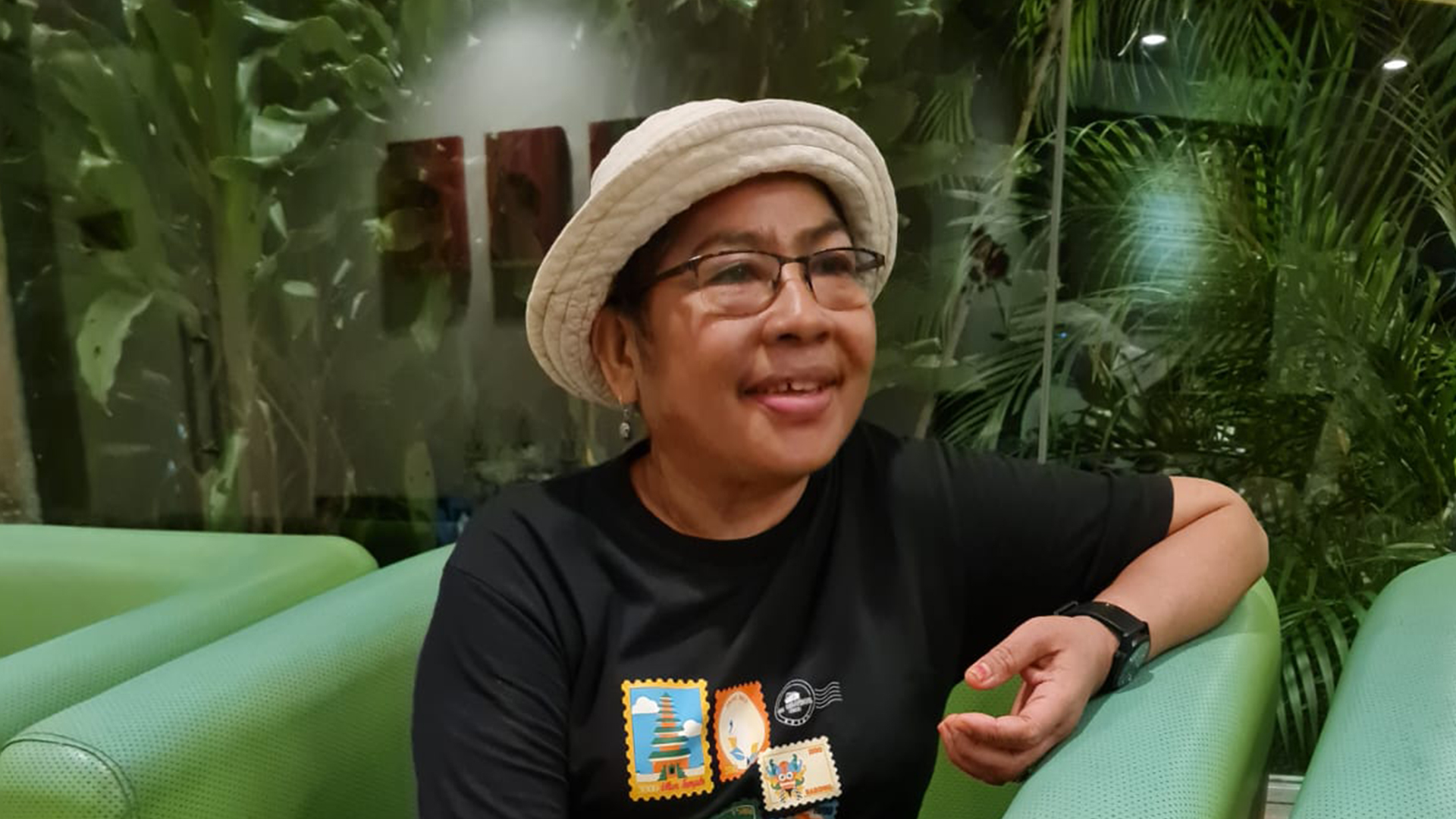
Baihajar Tualeka
LAPPAN - Yayasan Lingkar Pemberdayaan Perempuan dan Anak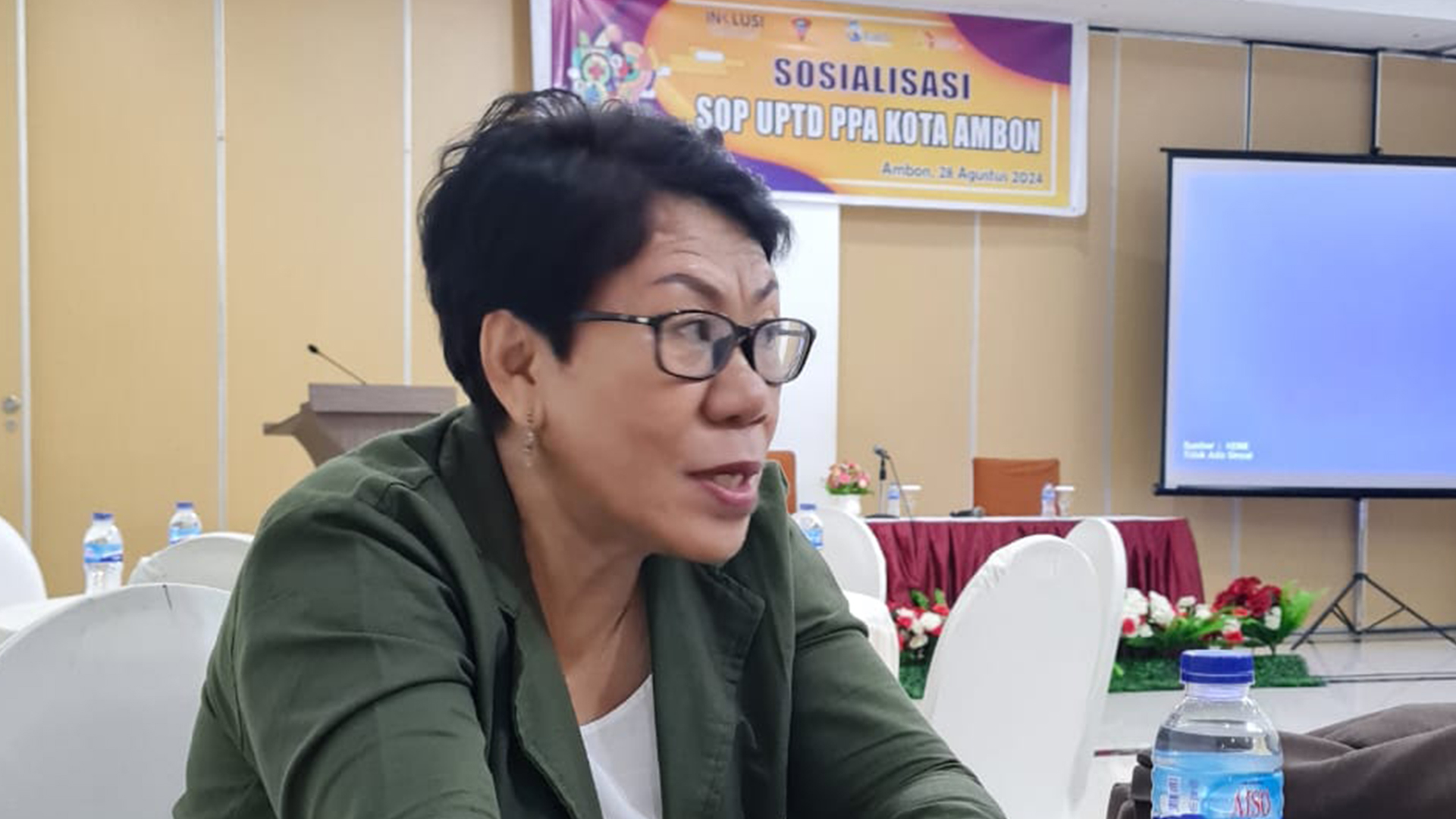
Daniella 'Ella' Loupatty
Wallang Perempuan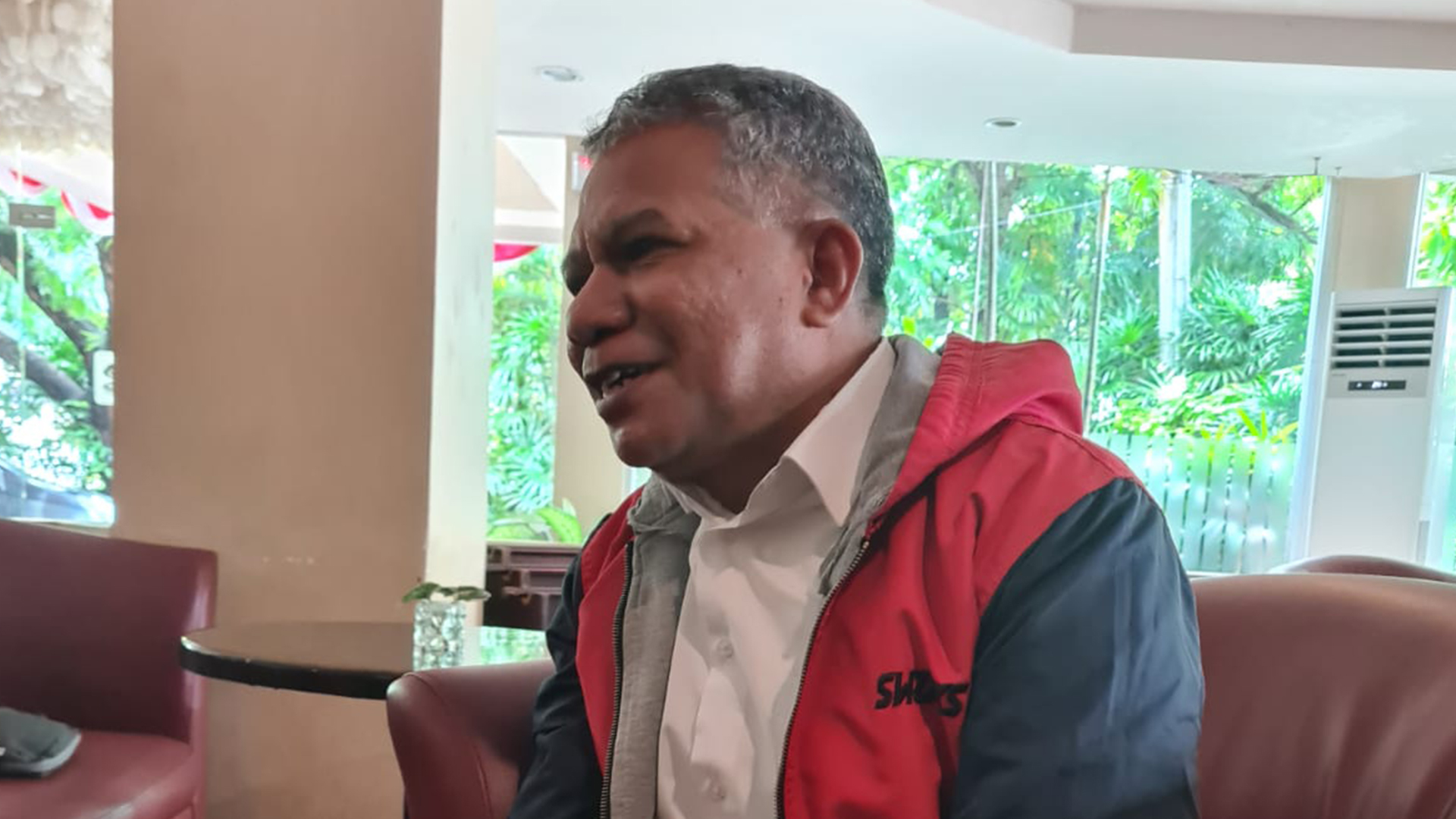
Jemmy Talakua
Yayasan Rumah Generasi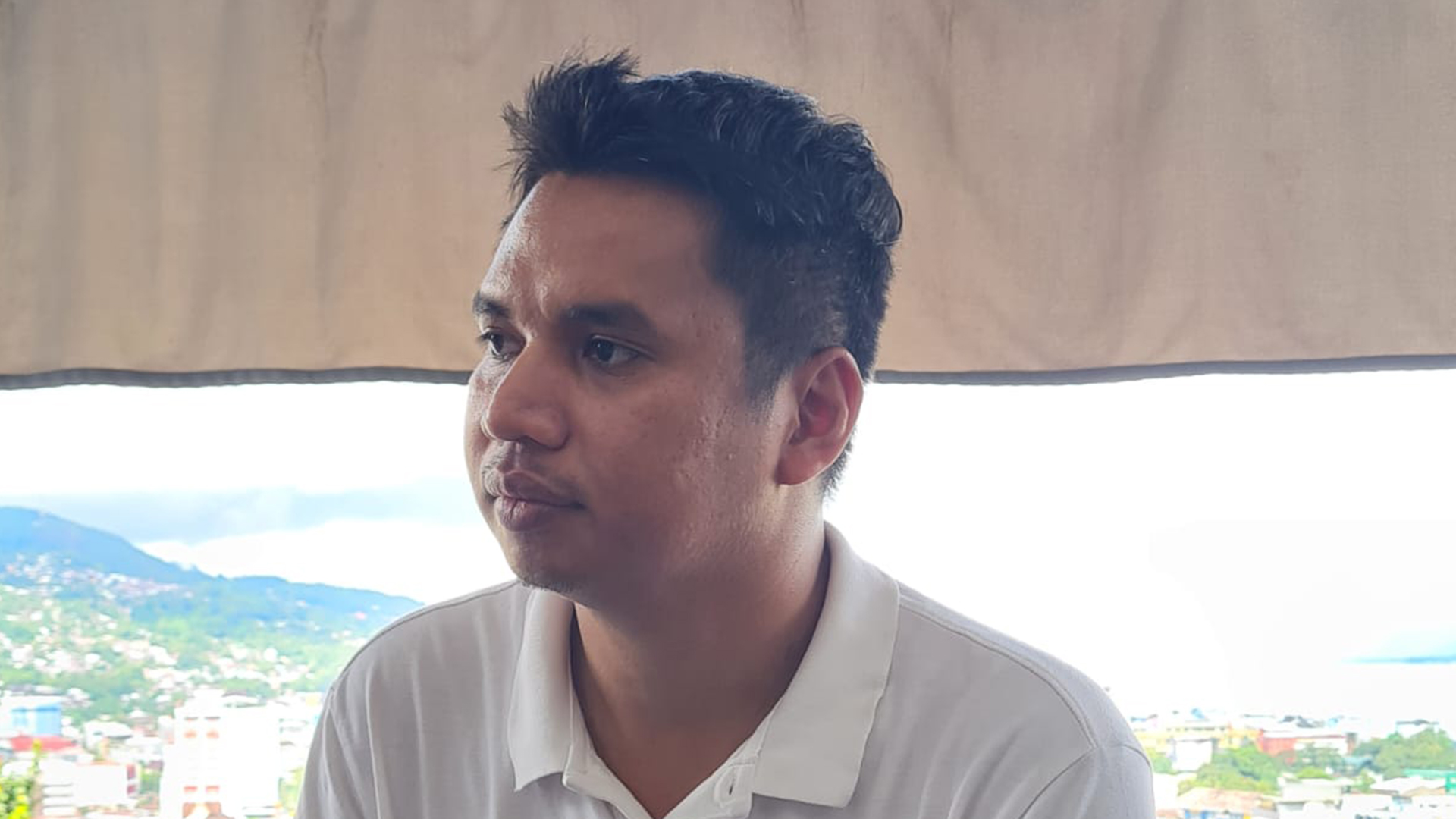
David Rampisela
Maluku Youth Creative Hub (MYCH)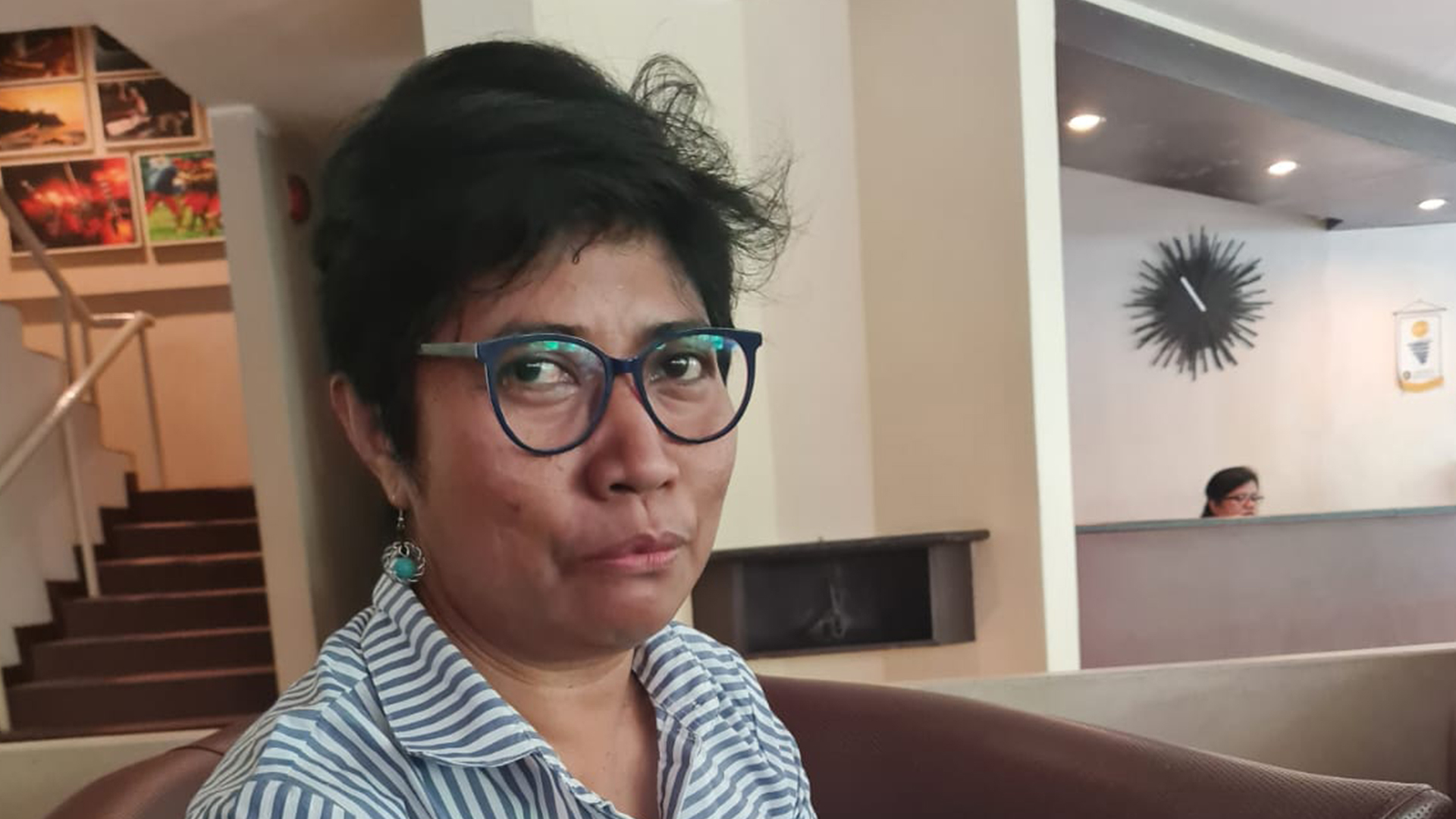
Elvira 'Vivi' Marantika
Himpunan Maluku untuk Kemanusiaan (Humanum)